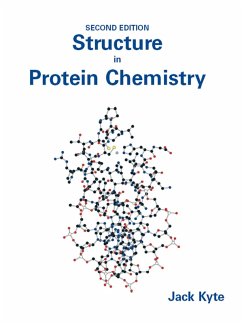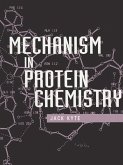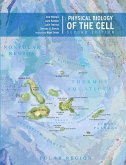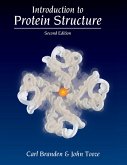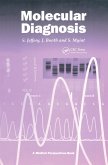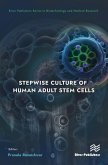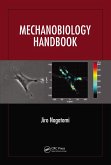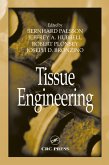The second edition of
Structure in Protein Chemistry showcases the latest developments and innovations in the field of protein structure analysis and prediction. The book begins by explaining how proteins are purified and describes methods for elucidating their sequences of amino acids and defining their posttranslational modifications. Comprehensive explanations of crystallography and of noncovalent forces-ionic interactions, hydrogen bonding, and the hydrophobic effect-act as a prelude to an exhaustive description of the atomic details of the structures of proteins. The resulting understanding of protein molecular structure forms the basis for discussions of the evolution of proteins, the symmetry of the oligomeric associations that produce them, and the chemical, mathematical, and physical basis of the techniques used to study their structures. The latter include image reconstruction, nuclear magnetic resonance spectroscopy, proton exchange, optical spectroscopy, electrophoresis, covalent cross-linking, chemical modification, immunochemistry, hydrodynamics, and the scattering of light, X-radiation, and neutrons. These procedures are applied to study the folding of polypeptides and the assembly of oligomers. Biological membranes and their proteins are also discussed.
Structure in Protein Chemistry, Second Edition, bridges the gap between introductory biophysical chemistry courses and research literature. It serves as a comprehensive textbook for advanced undergraduates and graduate students in biochemistry, biophysics, and structural and molecular biology. Professionals engaged in chemical, biochemical, and molecular biological research will find it a useful reference
.
Dieser Download kann aus rechtlichen Gründen nur mit Rechnungsadresse in A, B, BG, CY, CZ, D, DK, EW, E, FIN, F, GR, HR, H, IRL, I, LT, L, LR, M, NL, PL, P, R, S, SLO, SK ausgeliefert werden.

